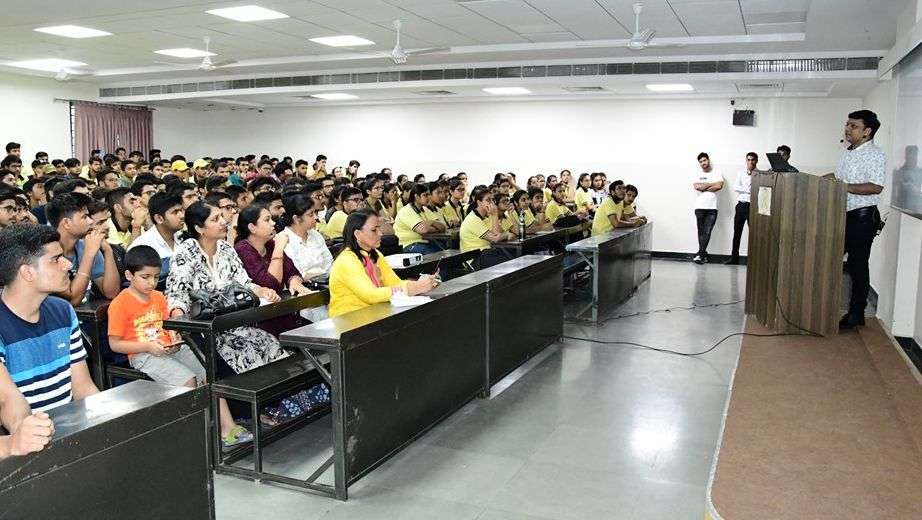
How Parents Can Amplify their Child’s Success in JEE?
As parents, it is important to understand that the transition from class 10 to 11, along with the requirements of preparing for a competitive exam like the Joint Entrance Examination (JEE), can be a drastic change for both the child and their parents. This is a challenging time for both, as it requires a significant amount of time, effort, and dedication. To navigate in this demanding situation, it is important for parents to give their child enough space to adjust and cope. This includes providing emotional support, being understanding of a child's stress and pressure.
As experts in education, we are not necessarily experts in parent-child relationships, but through our experience in parent-teacher meetings and other communications, we have observed that transparency between parents and students is a key factor in the student's success in the Joint Entrance Examination (JEE).
Almost every successful student has a healthy and transparent relationship with their parents, it is often reflected in their body language. They have trust and understanding which works even without verbal communication. This leads to clarity and coherence in goal, belief in the process, endurance, greater responsibility and self improvement for children with good relationships with their parents.
On the other hand, when there is a lack of transparency between parents and students. There is often arrogance or ignorance towards each other and lack of respect for each other's space. They tend to switch processes in between and always blame outside factors for their lack of success which results in inconsistency in the student's progress.
The Joint Entrance Examination (JEE) is a highly competitive exam, and there are huge academic expectations from coaching and schools. This can make the task of being a parent even trickier, as a child cannot find a support system better than their parent. It's important to have regular conversations with your child about their progress and their goals. Your child should not look at you as another teacher or manager, but as someone who will listen to them in any circumstances, who will not judge them, and who will support them through the journey. It's important to have a bird's eye view of the situation.
You know your child better than anyone else and this is your strength. As parents, you are your child's greatest well-wisher and believer. You have invested a lot of time, effort and money in your child's education, and a lot is on stake. It's important to be realistic and understanding of your child's situation, and encourage them to do their best, and support them in their efforts.
While the responsibility of a child's success in JEE is not solely on the shoulders of the parents, a good parent-child relationship is a must.
Coaches are the equal stakeholders, they can be an effective channel to know more about your child and to help them during these years. They can help to create a supportive and nurturing learning environment for the student. Be in touch with the coach of your child, don't wait for test results and take their feedback positively. However for all this coach should know your child well, not merely as another roll number in a huge group of students.





